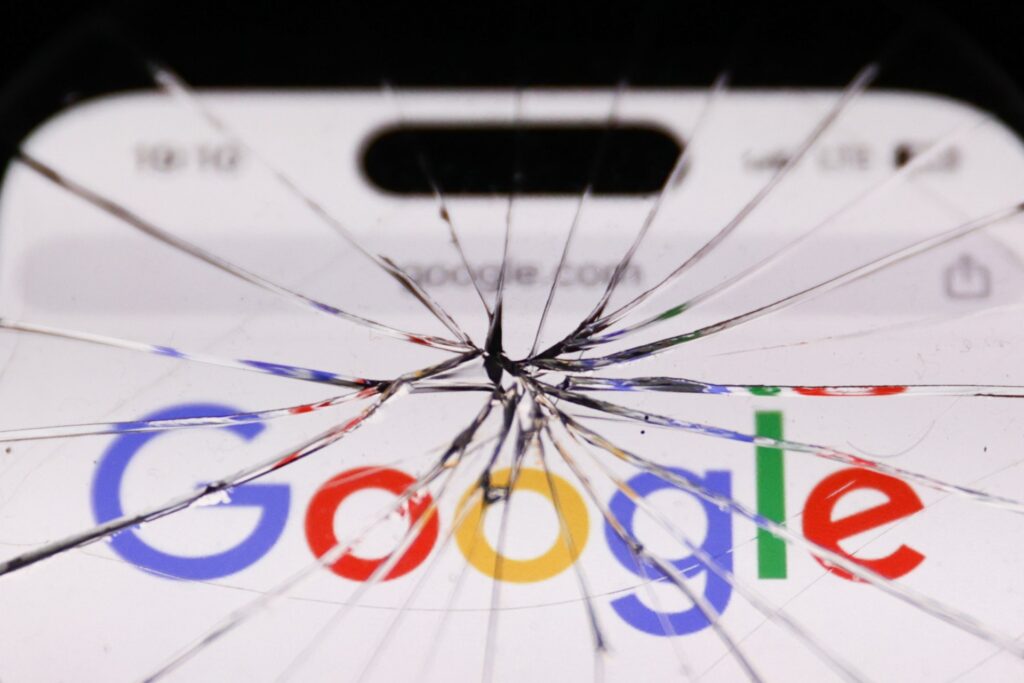In today’s digital age, your online safety and privacy are more important than ever. That’s why Google’s recent announcement about combating deepfake nudes in search results is such a big deal. Let’s break down what this means for you and why it matters.

Understanding Deepfakes: A Growing Concern
Before we dive into Google’s actions, it’s crucial to understand what deepfakes are and why they’re problematic:
- Deepfakes use AI technology to create or manipulate video and audio content
- When used maliciously, they can create fake explicit content of real people without their consent
- This can lead to harassment, blackmail, and severe emotional distress for victims
Google’s Three-Pronged Approach
Google is tackling this issue head-on with a comprehensive strategy:
1. Making Explicit Deepfakes Harder to Find
Google is tweaking its search algorithms to make it more difficult for users to stumble upon non-consensual deepfake content. This means you’re less likely to encounter these distressing images accidentally.
2. Streamlining the Removal Process
If you find yourself a victim of deepfake content, Google is making it easier for you to request its removal. They’re also going the extra mile by actively searching for and removing duplicates of reported content.
3. Adjusting Search Rankings
By changing how search results are ranked, Google aims to prevent explicit deepfakes from appearing in the first place. This proactive approach helps create a safer browsing experience for everyone.
Why This Matters to You
Google’s efforts have far-reaching implications for internet users:
- Increased online safety: You can browse with more confidence, knowing there are measures in place to protect you from non-consensual content
- Empowerment for victims: If you ever find yourself targeted by deepfake content, you now have more tools at your disposal to fight back
- Setting a precedent: Google’s actions may encourage other tech companies to take similar steps, creating a safer internet ecosystem overall
How to Protect Yourself
While Google’s efforts are commendable, it’s still important to stay vigilant. Here are some steps you can take:
- Be cautious about sharing personal images online
- Use strong privacy settings on your social media accounts
- Be skeptical of sensational or explicit content featuring public figures
- Report any suspicious content you encounter
Reporting Deepfakes: What You Can Do
If you come across what you believe to be deepfake content, here’s how you can report it:
- On Google Search: Use the “Report inappropriate predictions” feature
- On social media: Most platforms have built-in reporting tools for harmful content
- Contact law enforcement: In severe cases, especially if you’re the victim, consider reaching out to local authorities
The Bigger Picture: Technology and Ethics
Google’s initiative raises important questions about the intersection of technology and ethics:
- How do we balance technological advancement with personal privacy?
- What role should tech companies play in policing online content?
- How can we stay ahead of bad actors who misuse AI technology?
Looking Ahead: The Future of Online Safety
As AI technology continues to evolve, so too must our approaches to online safety. Google’s efforts are a step in the right direction, but they’re part of an ongoing battle. Stay informed, be proactive about your online safety, and don’t hesitate to speak up if you encounter problematic content.
What are your thoughts on Google’s efforts to combat deepfake nudes? Do you feel safer knowing these measures are in place? Share your opinions in the comments below, and let’s discuss how we can all contribute to a safer online environment.










Add Comment